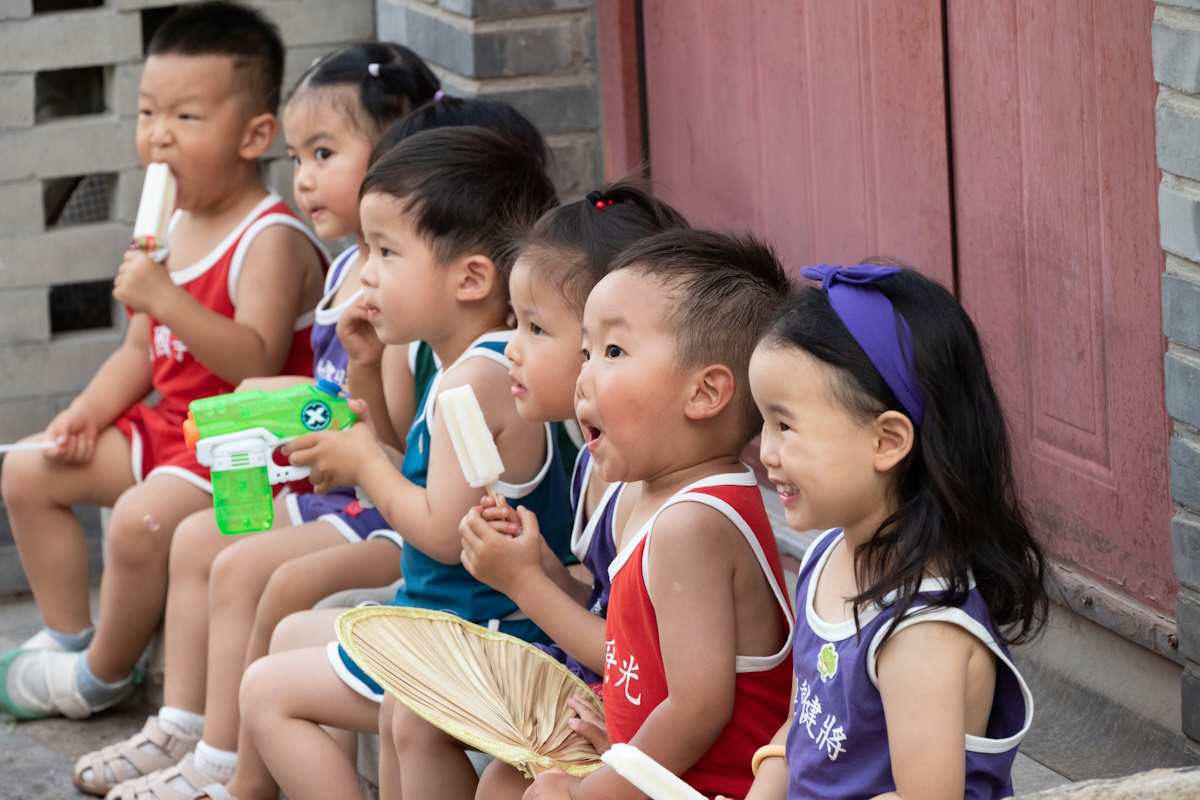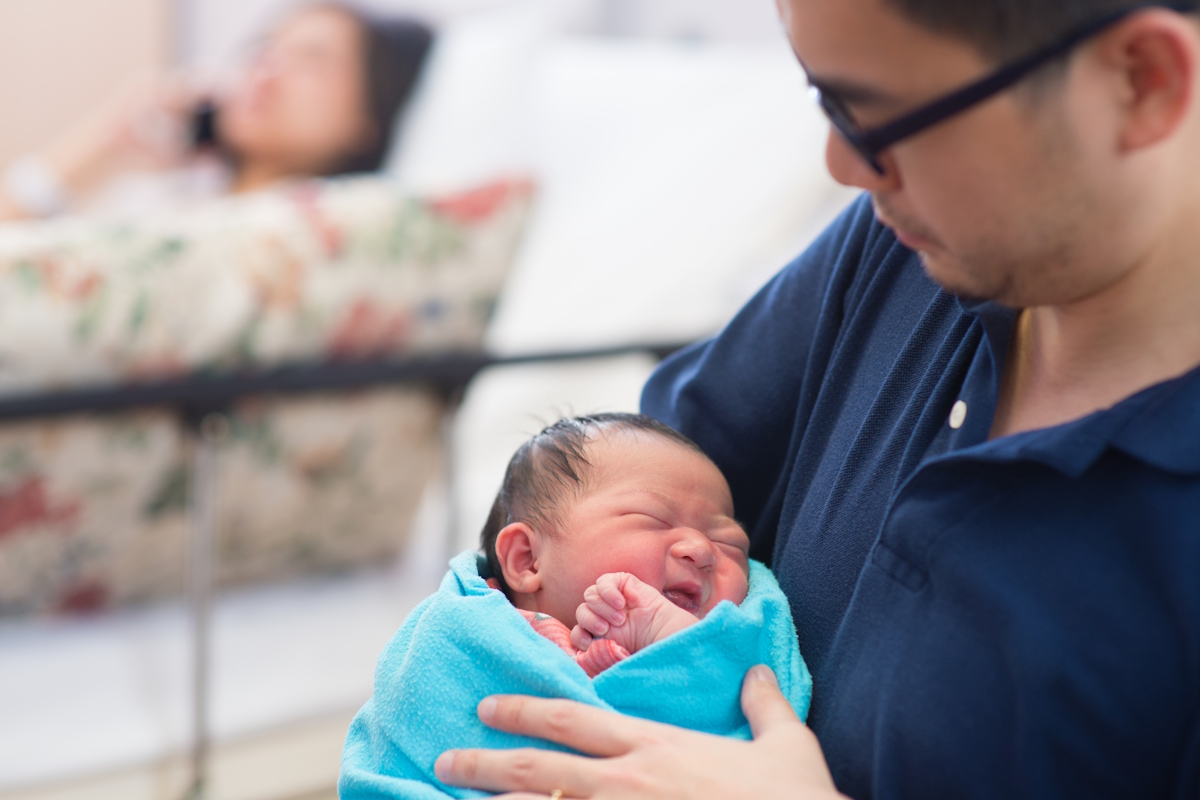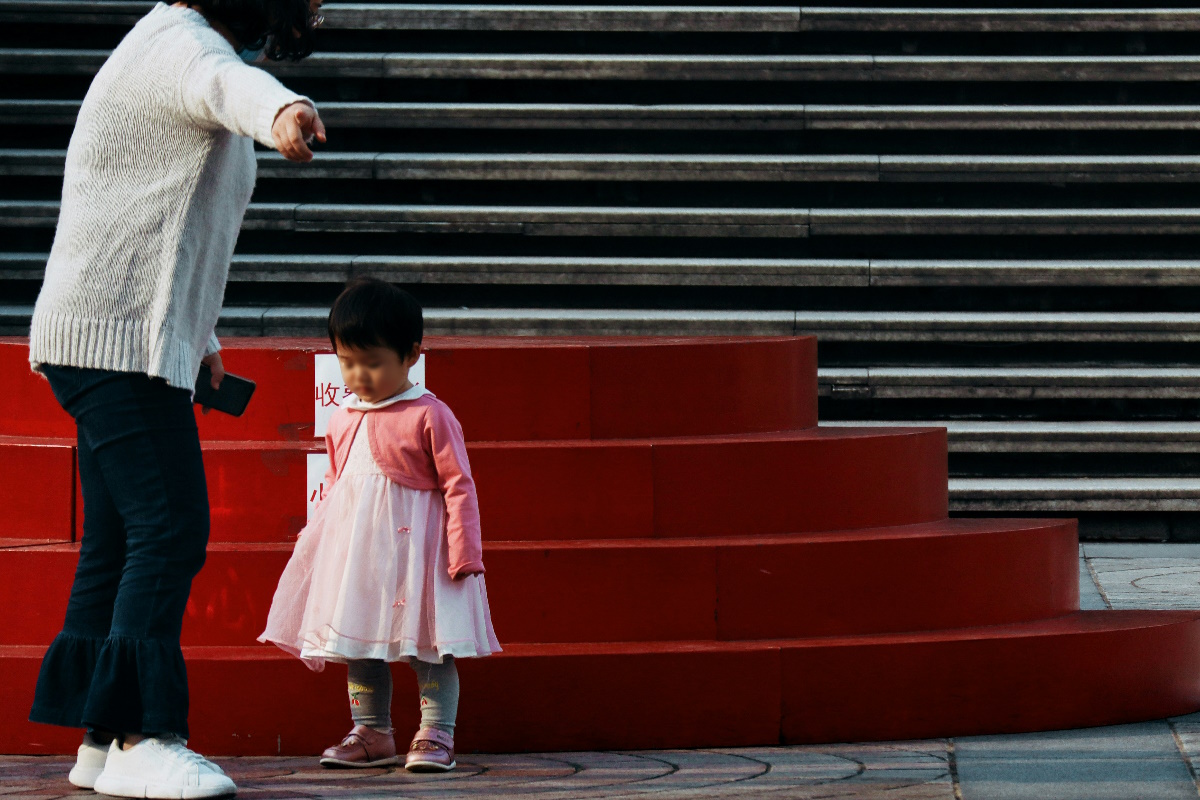
CWLF Survey: Concerns About Starting Late? Nearly 80% of Parents in Taiwan Report Parenting Anxiety
As the beginning of the new school term kicks off, many Taiwanese parents are preparing for the semester ahead. Child Welfare League Foundation (CWLF) conducted an online survey, targeting parents who have children under the age of 12 years old and published a survey titled 2025 Taiwanese Parents Child Rearing Anxiety Report [1]. The report showed that around 80% of parents feel worried about their children’s learning performances are left behind and 66.2% feel worried about children’s performances are not as expectation. Many parents also feel uneasy due to a lack of information and the intention to compare their children with others. These anxieties further reflect on children’s participation on after school activities: 65% of children attend cram school or after school classes and 55.8% of children are enrolled in after school classes. Among these children, there are 18.1% of children are learning more than three items. Furthermore, there are 61.5% of parents enrolled their children in Chinese phonics and prerequisite courses in fear of their children fall behind at the "starting line."
Under the idea of “nurturing children in a well-rounded upbringing,” parents' expenses for raising their children are on the rise. The survey found out approximately 60% of families spent thousands per month at cram school or art classes expenses. With the rising of inflation, 93.6% of parents reported that it is impacting their families, and the economy has become a source of anxiety for them. Additionally, modern parents carried themselves with the burden of social expectation in providing children with the” perfect upbringing,” which only adds to their stress. The survey indicated that more than 80% of parents think if their children are troublesome, parents will be blamed for not discipline them well. Moreover, more than half of the parents feel the society expects parents to make no mistakes. The unnoticeable pressure is causing 64% of parents to doubt whether they are good parents. 38% reveal that children are their main source of pressure, and furthermore, 31.9% of parents stated that “if they could have the chance to make the decision again, they wouldn’t choose to have kids.”
[1] To understand parents’ anxieties for child rearing, this survey was conducted from December 25th, 2024 to January 23rd, 2025, using an online questionnaire targeting parents who have children under the age of 12. A total of 1,090 people responded. Among the valid samples, 30% were male and 69.6% were female. Regarding the regions where respondents lived, 73.5% of respondents resided in the 6 special municipalities, with most respondents aged between 30-39 (45.7%) and 40-49 (41.1%). Among them, 47.2% of respondents had children aged between 0 to 6 and 52.8% had children aged between 7 to 12.
Anxiety for Children’s Education Begins at Their Birth? 65% of Elementary School Children Enrolled in Tutoring or Extracurricular Classes By Their Parents and Nearly 20% Don't Finish Classes Until After 8 PM
These anxieties are further reflected in children's academic and extracurricular schedules. Data shows that 65% of children participate in tutoring or extracurricular classes, with 19.8% finishing these classes after 8 PM. After returning home, they still need to review their homework, severely compressing their sleep time. Regarding extracurricular activities, 55.8% of children attend after school classes. Among them, 46.2% pursue one activity, 35.7% engage in two activities, and 18.1% even juggle three or more activities simultaneously.
Concern about education [2] is a significant issue for parents at all stages of a child's development. On a 28-point anxiety for education scale, parents of children aged 0 to 6 scored an average of 17.82 points, while those with children aged 7 to 12 scored 17.84 points. This result indicates a moderately high level of anxiety, suggesting that such feelings emerge from the moment a child is born. This anxiety fuels the trend of “learning in advance.” CWLF’s survey found that over 60% of parents arrange for their children to take courses beyond their current grade level at various ages (61.5%). Examples include enrolling in Chinese phonics classes before age 7 or starting junior high school courses before entering junior high—all to ensure their children don't fall behind from the very beginning.
[2] Parents’ anxiety for children’s education scoring method: Add together the scores from seven questions, such as “I worry that my child will fall behind academically and struggle to keep up with other children.” A higher total score reflects a higher level of anxiety.

The Run-up of Prices Has Fueled Economic Anxiety: Do Parents Feel More Anxious the More They Spend? Nearly 99% of Parents are Sensitive Toward Inflation, While 93% Acknowledge that Relentless Price Hikes Have Impacted Family Childcare. The More Parents Spend on Tutoring and Extracurricular Activities for Their Children, the Higher Their Anxiety Levels Become
In recent years, prices have continued to rise, and the cost of raising children has also increased accordingly. CWLF’s survey reveals that as many as 98.8% of parents have felt the impact of rising prices, with 93.6% admitting that price hikes have already affected their families. This impact is particularly pronounced among families with children under 12 years old.
Beyond daily expenses, education costs represent a significant financial burden for parents. CWLF found that nearly 60% of families spend thousands to tens of thousands of dollars monthly on tutoring or extracurricular classes for their children (58.8%). For households with two or more children, these expenses multiply, placing a heavy strain on many families.
The high cost of education places a financial burden on parents, further intensifying their parenting anxieties. Our survey found that parents spending over NT$10,000 monthly on tutoring or extracurricular activities scored significantly higher on average in anxiety in education scale than those spending less. This result reflects the mutual reinforcement between economic pressures and educational competition, creating double difficulties for parents—both financial and psychological—as they pursue their children's future achievements.

Parental Self-Assessment Under Societal Expectations: Nearly 82% of Parents Agree the Old Proverb that “If a Child is Not Properly Educated, It is the Father's Fault.” 48% Feel Pressured to Be Flawless, 64% Doubt Their Ability as Parents
Although Taiwan’s declining birth rate means families have fewer children, parental anxiety about child-rearing remains intense. In today’s social media era, constant comparison, information overload, and society’s elevated expectations for parental roles have left many parents feeling pressured to embody the ideal of “perfect parenting.” Our survey reported that 81.9% of parents believe “if a child shows signs of problems, others will blame the parents for failing in their upbringing,” while 48.8% feel that societal expectations demand “they should never make mistakes.” This pervasive myth of perfection leaves parents in a state of continual self-doubt, causing parents’ stress and anxiety to mount.
The daily demands of parenting also place considerable pressure on parents. 80.4% of parents reported that” having children has drastically reduced their personal time and flexibility,” while 64.2% acknowledged “frequently doubting their parenting abilities.” Notably, 38% even identified their children as their primary source of stress.
Three Major Pressures Heighten Parental Anxiety: How Can We Raise Happy Children?
Excessive anxiety can diminish the joy parents find in raising their children. More troubling, however, these anxieties have the potential to impose adult pressures on children at an early age.
CWLF’s survey also identified the types of assistance parents most urgently seek: financial support (74.8%) ranked first, followed by the availability of complete educational resources (55.9%), a more supportive social environment (41.2%), access to childcare resources (40.8%), and workplace flexibility (36.7%). In addition, 28.9% of parents highlighted the necessity for psychological support, highlighting a growing demand for emotional understanding, support, and opportunities for respite beyond just material resources.
Breaking the Vicious Cycle of Parenting Stress: From Anxiety to Solutions, We Propose Three Actionable Solutions
Confronted with the triple pressures of educational competition, financial burdens, and societal expectations, Taiwanese parents are caught in a vicious cycle of anxiety. How can this cycle be broken while preventing and easing these anxieties? As the new school year begins, CWLF proposes the following action plan:
1. Parents Assess Their Anxiety and Build Relaxation Skills: If they find their anxiety is high, it's recommended to dedicate 20 minutes each day to relaxation. This means temporarily setting aside worries about their children and other daily stresses. At the same time, adopting a long-term perspective on a child's development can help create balance. For example, parents can ask themselves,“will this test score matter to me ten years from now?” Practicing this kind of perspective-taking can alleviate short-term anxiety and help restore a sense of inner calm.
3. Extending Childcare Support to Elementary School-Age Children to Alleviate Family Burdens: Surveys indicate that as childcare costs rise, the financial pressure of raising children aged 7 to 12 is now comparable to that of preschoolers. However, Taiwan’s childcare policies continue to focus primarily on early childhood welfare. We recommend extending these policy benefits to include school-age children. Proposed measures include increasing tax deductions for families with school-age children, expanding childcare allowance eligibility to preschoolers as practiced in Japan and South Korea, and establishing incentive mechanisms to encourage corporate support for childcare to alleviate parents’pressure. Through a comprehensive and sustained approach, childcare policies can ease parents’ economic burdens and make child-rearing more manageable.
(6) Adopt a “guidance before penalties” principle, developing prevention guidelines before sanctions, with a sunset clause once supporting measures are in place.
◼︎ More CWLF surveys:
• A Depressed Father's Day? 43% Fathers Struggle, Most Avoid Seeking Help
• Debunking the Aversion to Children Myth: CWLF Finds Only 16% Dislike Children; Noise Is Main Cause
• CWLF Survey: Academic Pressure & Social Media Harm Taiwanese Junior High Students' Mental Health


